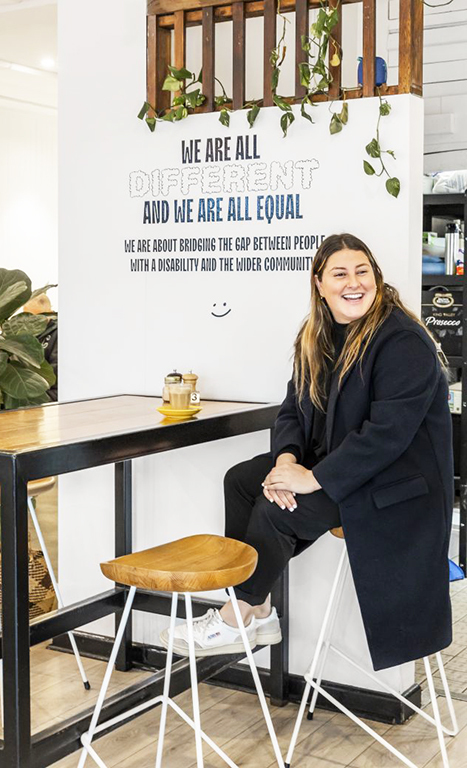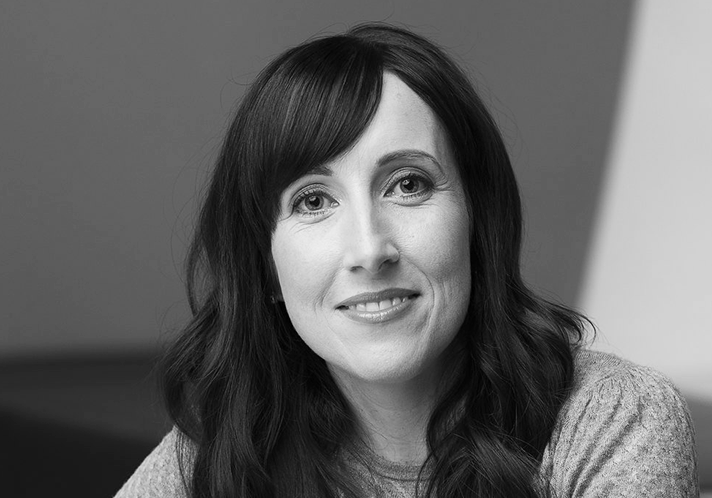How can I get a social impact job?

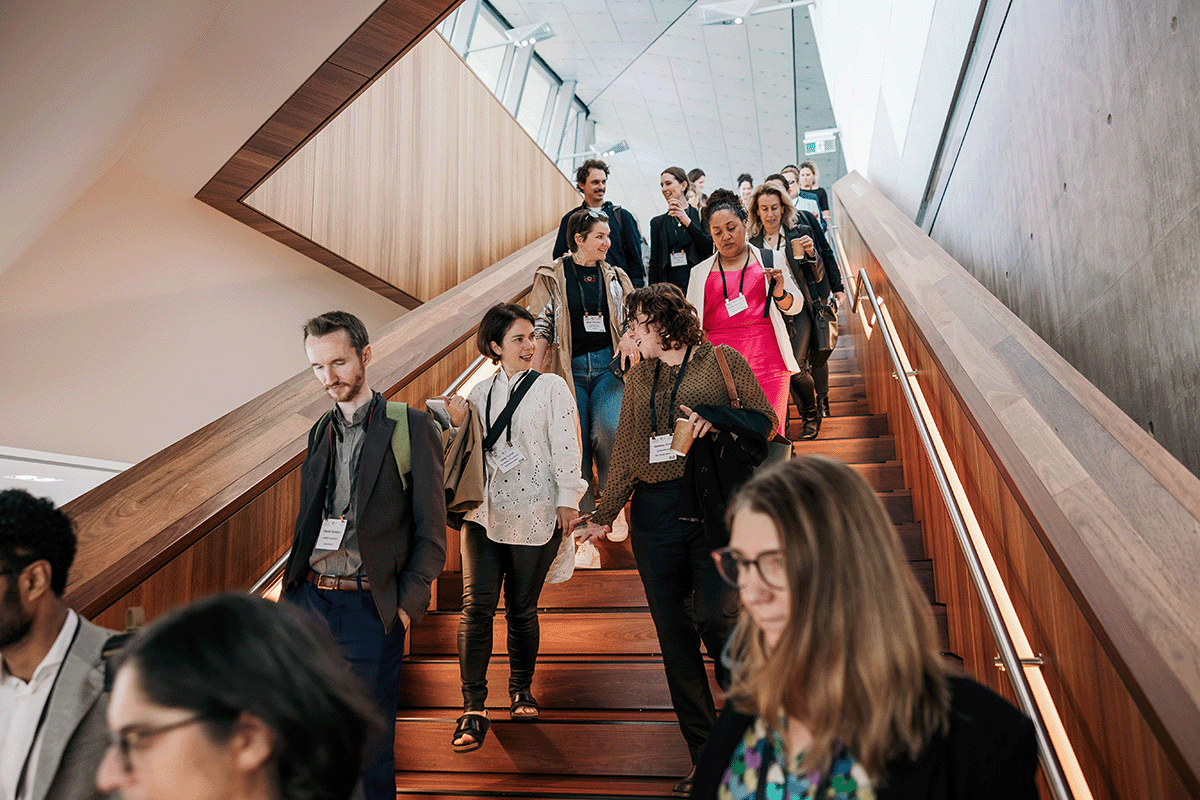
With the demand for social impact professionals on the rise both in Australia and around the globe, one of the most common questions we get asked is "How can I advance my career in social impact?".
Here, Professor Danielle Logue, Director of CSI UNSW , provides insights and guidance, drawing on decades of expertise. Through this guide we aim to address your FAQs on social impact jobs across sectors and industries, exploring the growing significance of ESG and CSR in these roles, and empowering you to excel in this evolving landscape.
1. HOW CAN I GET A JOB IN SOCIAL IMPACT?
To get a job in social impact, traditionally we would say start by following your passion or your personal commitment to a particular social problem area or challenge that you want to solve. This is very important for sustaining your motivation because social impact work is often very hard work. But increasingly, this area of social impact is a highly professionalised area of organisational work.
Getting a job in social impact is now really about knowledge and networks, and you can get both of those inside the classroom. Acquiring social impact strategies, leadership models, and measurement frameworks will help you advance your career. It's also about the people you meet in the room—like-minded individuals who are also trying to drive social innovation and change across industries and organisations. A lot of innovation comes from borrowing ideas from other sectors and organisations. So, it's about getting that knowledge and building those networks. This is valuable for any type of organisation – corporations, non profits, social enterprises, government departments.
To summarise, there is no singular way to secure a social impact job but here are a few suggestions that would put you in a good position to pursue a career in the sector;
- Self-reflection: Understand your passion and values. What social issues resonate with you the most? This can help guide your job search in the sector.
- Skill assessment: Social impact positions and work require a wide range of talents, from project management to marketing, fundraising, data analysis, and more. Evaluate your skills and expertise relevant to the social impact sector or the social impact your organisation is trying to achieve, highlight your transferrable skills in your resume and in interviews.
- Education and training: Pursue relevant education or training to enhance your qualifications for roles in social impact organisations.
- Volunteer work and internships: Gain practical experience through volunteering or internships with nonprofits or social impact organisations, showcasing your commitment and skills to prospective employers.
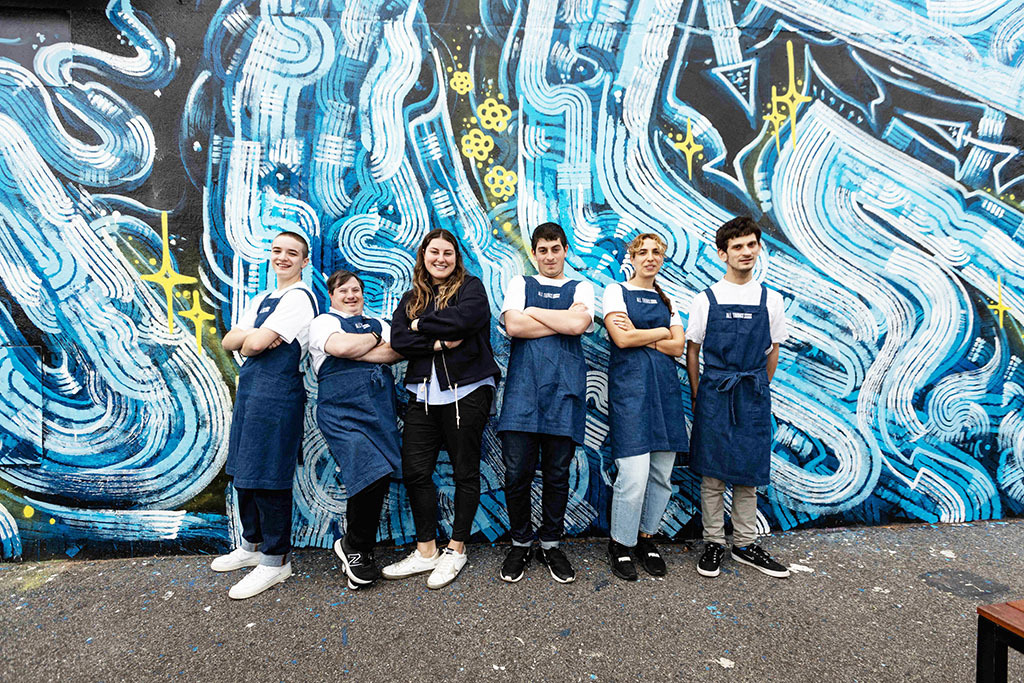
2. WHAT EVIDENCE SUGGESTS A GROWING DEMAND FOR SOCIAL IMPACT PROFESSIONALS?
We're working in an era of stakeholder capitalism, which means that in every industry, every organisation is being held accountable and responsible for both their environmental and social impact. This requires organisations to adopt new strategies and frameworks to effectively manage and improve their social impact and they need highly skilled social impact professionals to deliver this effectively and sustainably.
You can see this demand for social impact knowledge and social impact professionals in the job ads, but also in the diverse range of organisations that are prioritising social impact. This includes traditional charities, and not-for-profits, as well as a vast growing number of social enterprises, consulting firms, businesses and corporations, and government departments at all levels.
Corporations today are increasingly looking for social impact professionals because the social impact issue touches every aspect of their work. Social impact comes into play when you think about your supply chains, your customers, and internally when you're trying to retain and recruit employees. It's also relevant when you're looking to your investors and the growing market of impact investing, as well as new demands from your board of directors, who are being held accountable for ESG disclosure requirements and reporting. So, we're seeing this demand for social impact knowledge and professionals across industries and organisations.
In Australia…
- Employee numbers in charities have increased by over 40,000 since 2020, according to the latest edition of the ACNC Charities Report .
- Not-for-profit organisations make an economic contribution equivalent to 8.5% of GDP, and employ 1.42 million people, making it Australia’s second largest employing industry after healthcare¹.
- 31,000 people are employed by certified social enterprises ( PACE 23, Social Traders )
- 1 in 60 people are employed in social enterprises around the country (PACE 23)
- 66% of certified social enterprises were established in the last 10 years (PACE 23)
- LinkedIn also reports social impact-related job postings showing a year-on-year increase of 59% in 2021 and 35% in 2022.
3. WHY SHOULD I STUDY SOCIAL IMPACT?
Education is fundamental to advancing your career in social impact. It provides you with foundational knowledge, evidence-backed tools, and proven frameworks to have a positive social impact. It also positions you to be a more effective leader and driver of social innovation, so you can actually deliver the change that we so desperately need.
A lot of what we're seeing is people coming into the classroom who have already had substantial careers and formal qualifications. But now they recognise the need to upskill and embrace lifelong learning as the social impact space becomes increasingly professionalised. In that way, postgraduate education can make yourself more competitive in the labour market.
Social impact courses such as the Graduate Certificate in Social Impact , offer a comprehensive pathway to;
- Increase knowledge and skills: Explore of key concepts, theories, and frameworks underlying social change efforts. Engage with diverse perspectives, fostering critical thinking skills that enable you to evaluate interventions, anticipate challenges, and devise innovative solutions to social issues.
- Gain hands-on learning: Practical projects, case studies, and real-world scenarios, provide experiential learning opportunities.
- Enhance your credibility: Investing in a social impact course demonstrates your commitment to personal and professional growth, enhancing your credibility and marketability as a social impact professional.
- Expand your professional network: Connect with like-minded individuals, industry experts, and potential collaborators, fostering a supportive community for mentorship, collaboration, and career advancement.
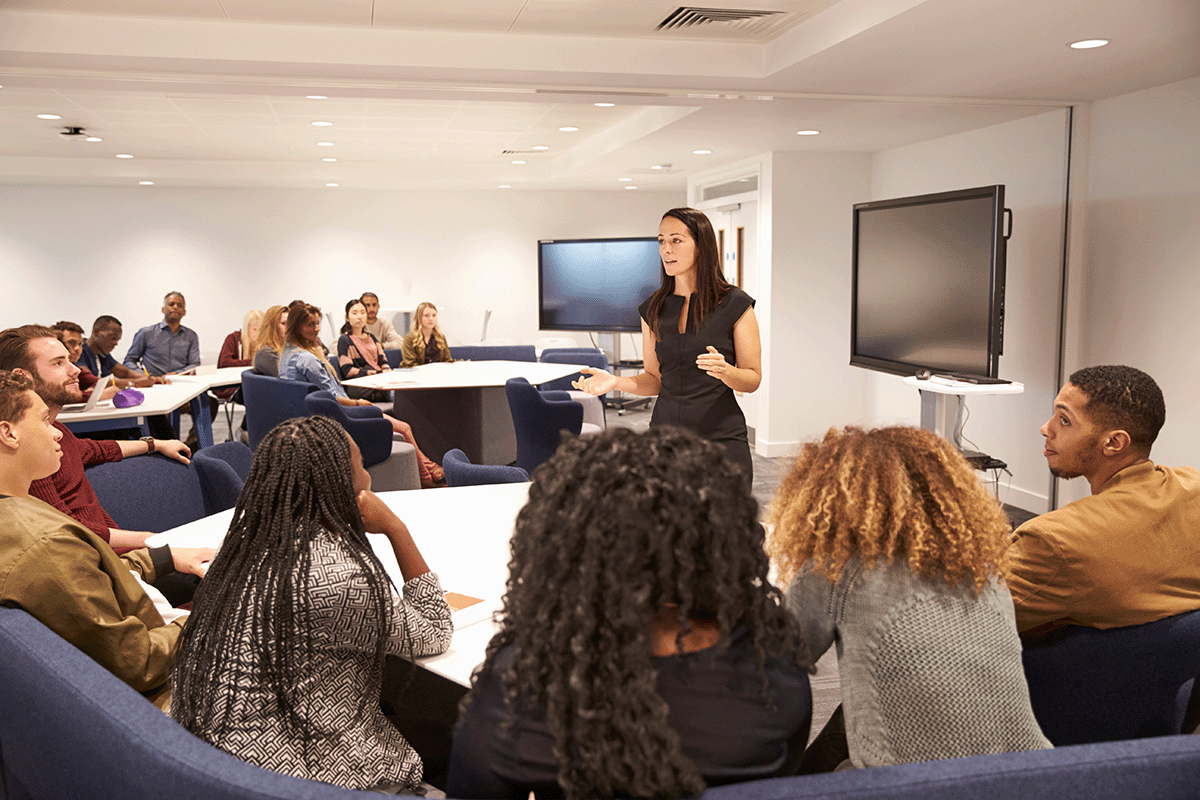
4. WHAT ARE SOME OF THE KEY TOPICS COVERED IN THE CENTRE FOR SOCIAL IMPACT’S EDUCATION PROGRAMS?
Across our four leading Australian partner universities , the Centre for Social Impact's education programs are designed to provide a holistic understanding of social change efforts and equip participants with the knowledge and skills needed to drive meaningful impact. Some key topics covered include:
- Leadership for Social Impact
- Social & Environmental Sustainability
- Outcomes Measurement
- Leading Change for Sustainability
- Creating Social Change
- Social Impact Investment
- Business for Social Impact
- Entrepreneurs and social innovation
- Social investment & philanthropy
There’s also a Social Impact Field Project at CSI UNSW which is one of our most popular units and involves students working directly with social impact organisations to address real-world challenges and opportunities.
5. HOW CAN I GAIN PRACTICAL EXPERIENCE IN SOCIAL IMPACT?
Beyond volunteering, one effective way to gain practical experience in social impact is by actively engaging in real-world projects and initiatives. Our courses are based on the principle of partnership, allowing students to work with real-life client organisations in the classroom every day. What this means is that students get the experience of seeing how an organisation is grappling with its social impact issues, its strategies, its measurement processes, and its communication with stakeholders or customers, firsthand. Additionally, they are helping in real time to solve these social impact problems. It’s really experiences like this that will give you a competitive advantage when you're trying to advance your career in social impact.
Explore how our courses facilitate practical learning opportunities here .

